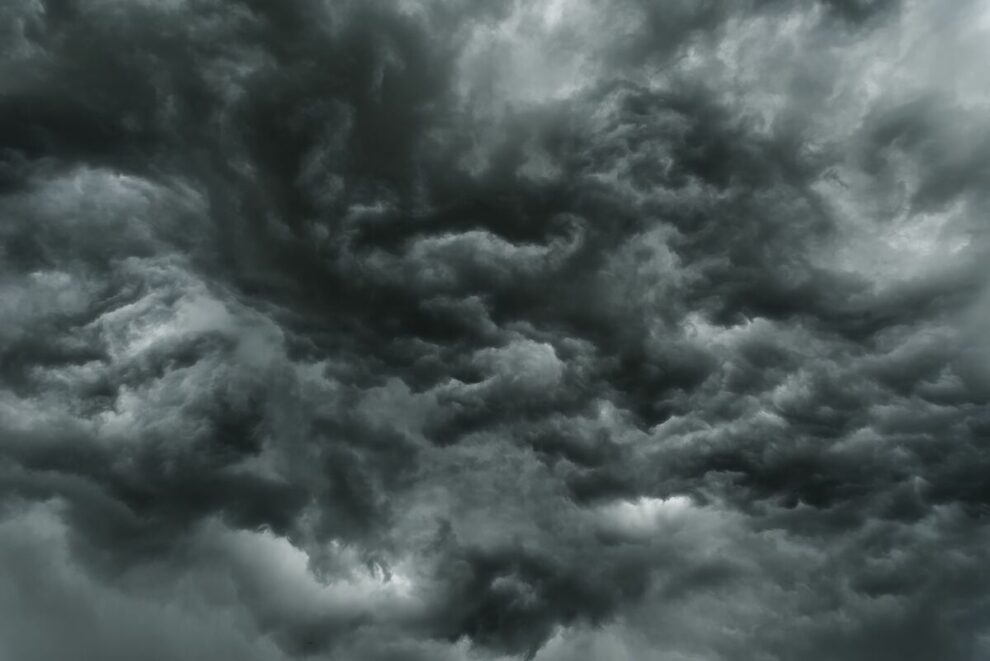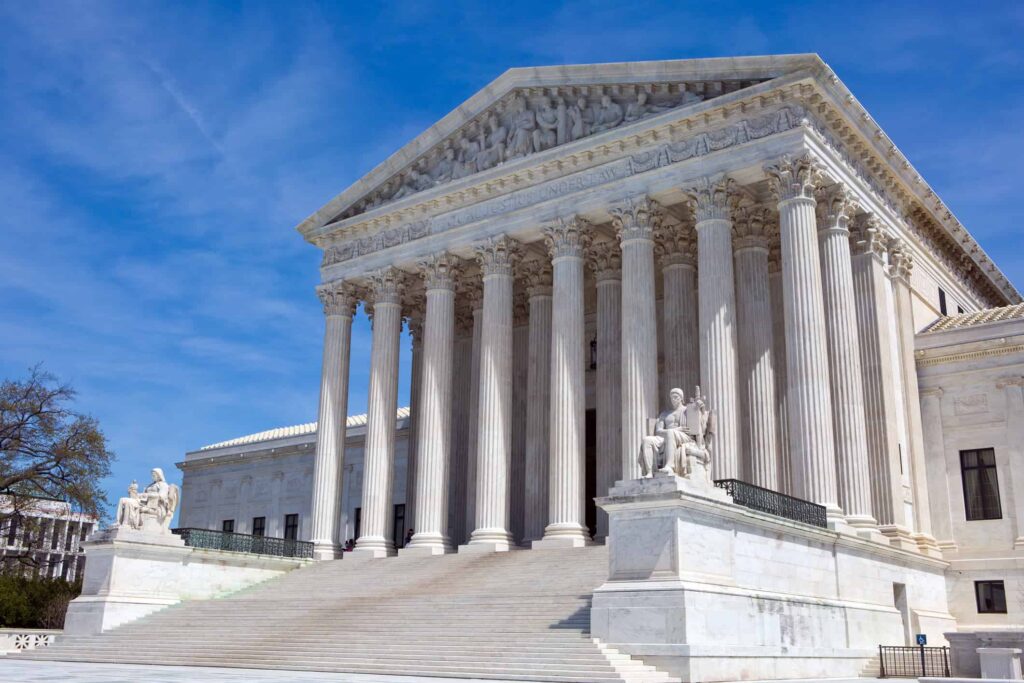Back when hurricanes were a thing they were blamed on climate change. Then there was a long pause and it was blamed on climate change. Then there were more and, well, you know. Just as, we pointed out back in August, typhoons (which are the Pacific ocean equivalent of hurricanes) are proof of climate change even if they taper off. And by golly, no sooner did Hurricane Fiona hit Puerto Rico during a quiet storm season, and Nanmadol and Merbok assail Japan and Alaska, than Michael Mann was back falsely claiming he told us so. Apparently we never had hurricanes until greenhouse gases came along. “We are experiencing devastating consequences of past climate inaction, and it really drives home the importance of taking action now” in the form of government fixing the weather with taxes.
Mann’s claim is false because, first, hurricanes are not becoming more common or more damaging, and second because in its vagueness it could be saying anything, and a theory that predicts everything predicts nothing. It’s really just ambulance-chasing: waiting for a bad event then solemnly declaring that yes we knew it would happen. Even though we didn’t tell you until it was happening. And it is even more specious because despite Fiona the Atlantic hurricane season has been unusually mild which is the opposite of what should be happening if his theory were correct.
NBC said Fiona “has its sights set on Atlantic Canada, where the strength of the storm will be historic for that region”. Historic as in, historically we get those: “Canada’s eastern coast has seen such storms before, including Hurricane Juan in 2003”. But never mind because you know what the sinister implications are. “The North Atlantic, where Fiona is headed, also represents some of the fastest warming waters in the world, with the warming sea surface temperatures in the region attributed to climate change.”
Had Mann, or NBC, or other alarmists, told us there’d be a quiet hurricane season but a bad typhoon in Japan, they’d have something to point to other than the air. Whereas in fact NOAA predicted a lively hurricane season and didn’t get one. So seizing on the fact that even in a quiet hurricane season you will get hurricanes, because you always get hurricanes, is insolent rubbish.
Fortunately it turns out you don’t need to be a climate scientist to understand climate science. Mann fumes that “You know, the physics isn’t that difficult here. You make the planet warmer, you’re going to get more heat. You’re going to get more intense and more frequent heat waves, like we’ve seen this summer and every summer in recent history. You make the atmosphere warmer, it holds moisture, more moisture. So you get those flooding events. You get the sort of devastating flooding that we’re seeing right now with these landfalling hurricanes. You make the soils warmer in the summer, you dry them out more, so you get more drought. And what we see out west, the heat, the drought combine to give us those devastating wildfires. And so, this isn’t rocket science. The physics here is very basic…”
Again, a theory that predicts everything predicts nothing, especially when all it can offer for proof is to point after the fact to things that have always happened. In response we say OK, if the physics is so basic and you’re so smart, give us a prediction beforehand.
Mann added “the worst thing that can happen to you as a climate scientist is that your predictions come true.” But the worst thing for a scientist is not being able to make predictions in the normal sense of that word. Or having to rig it so they come true because you make them afterwards, or predict everything so they’re bound to “come true”. (Also, as we did predict, Mann hails the Inflation Reduction Act only to say it was inadequate.)
Back in June the New York Times hedged its bets with “Researchers are unsure about whether human-caused climate change will mean longer or more active hurricane seasons in the future, but there is broad agreement on one thing: Global warming is changing storms.” Which achieves a remarkable combination of vagueness with inaccuracy, since for instance the IPCC’s findings on wind storms is no trend anywhere. But by September the Times was more precise and more wrong: “The links between hurricanes and climate change have become clearer with each passing year. Data shows that hurricanes have become stronger worldwide during the past four decades.”
In that case perhaps the great Mann would like to tell us why Nanmadol is only the 4th most intense typhoon to hit Japan since the Japan Meteorological Agency’s database began in 1951, with the worst being Nancy in 1961 then Vera in 1959. (In third was Yancy in 1993 and then the one Nanmadol tied, Ruth, in 1951 so obviously things are getting worse… as you go backwards. See evaporation reduces the energy to whatever.)
As for predicting what’s coming as opposed to what already came, “A warming planet can expect stronger hurricanes over time and a higher incidence of the most powerful storms – though the overall number of storms could drop, because factors like stronger wind shear could keep weaker storms from forming.” So there you have it. More storms unless there are fewer, but definitely stronger. (Unless of course stronger wind shear also keeps stronger storms from forming, the alibi during the 12-year hiatus in major hurricanes making U.S. landfall prior to 2017.)
Oddly, the National Post ran a piece on Fiona bearing the secondary print headline “Climate change discussion begins.” And it’s odd partly because we had the impression people were yammering on about it constantly already, and partly because the actual story said the connection to climate change was murky at best:
“Almost immediately discussions started about how climate change may have affected the storm. David Phillips, a senior climatologist with Environment and Climate Change Canada, said such calculations are always tricky: Hurricanes form when surface level water temperature in the ocean rises above 26 degrees Celsius, and such storms are strengthened by warmer air, which can hold more moisture — both effects of climate change. At the same time, there are countervailing effects of climate change, including something called “shearing” which mitigate such storms, he said. ‘We can’t dismiss [it] because it makes these storms more likely,’ said Phillips. ‘But if you said to me in 50 years, will we see more of these? Well, I don’t think we necessarily will see more, we could see actually fewer because of the wind field. However, when they do occur, they could be more powerful.’”
Perhaps he needs a word with Michael Mann.
To its credit NBC left climate change out of a story on Fiona. But it did insist that Nanmadol had brought “record” rainfall to Japan despite being only “one of the biggest storms to hit the country in years”, a claim echoed in countless news stories that did not elaborate on what record had been broken. (Even the Washington Post, which gave a few actual rainfall statistics, did not specify where the record was set, or when, or by how much, or how long accurate records have been kept or, well, anything. It seems to be one of those “everybody knows” things where relevant facts would just be a distraction.) Even so it only killed two people, more proof of the vital role of economic development in sheltering humans from the terrors of natural disasters.
So if you want a prediction you can test, Michael Mann will say any bad thing that happened was due to climate change and that he told you so. And both parts will be wrong.



I've said it before, and I'll keep saying it until I get a plausible rebuttal: The circular momentum characteristic of hurricanes is the product of a clash of cold and warm fronts in the atmosphere. The cold front is just as necessary to produce a hurricane as the warm front is. Now, according the the climate change dogma, warming occurs most at the poles and least at the equator. That means there will be a smaller temperature gradient as the planet gets warmer. A smaller temperature gradient should result in fewer and weaker hurricanes, as the clash of cold and warm fronts is mitigated. I don't know if this conjecture is correct; but I do know that the physics of hurricanes is not as simple as Mann represents it as being. (I'm told that Richard Lindzen at MIT agrees with me.)
You've just explained the application of the Second Law of Thermodynamics to hurricanes. If only the "scientists" would remember their basics.